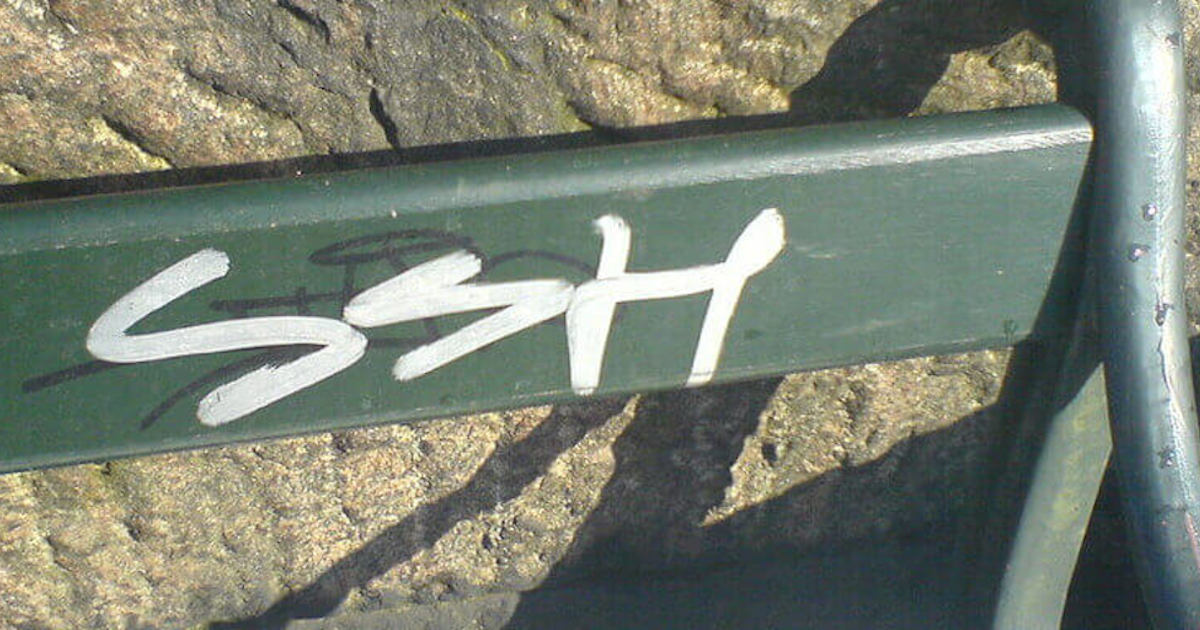
- My Git setup runs fine on Linux, but when I try to set things up under Windows (using Git for Windows and TortoiseGit), I don't know where to put my private SSH key (or, better still, how to tell ssh where it's located). I'm using the standard ssh.exe option during installation of Git for Windows.
- Pageant has 1 SSH-2 keys Using username 'git'. Trying Pageant key #0 Authenticating with public key 'artsoft96' from agent Sending Pageant's response Access granted Opening session as main channel Opened main channel Server refused to allocate pty Started a shell/command Server sent command exit status 1 Hi vladmihalcea!
There are three main ways to generate a public key in Windows. We've tried them all with Windows 7, but given the PuTTY tools are most popular, they are documented first. Whichever method you choose, email your generated key to your designated manager and they will notify you when your account has been created. Note, if you have multiple keys because you have multiple machines, or perhaps you have different keys for different software, send them all to us - we can set you up with as many keys as you want bound to your Code Enigma account.
The.pub file is your public key, and the other file is your private key. If you don’t have these files (or you don’t even have a.ssh directory), you can create them by running a program called ssh-keygen, which is provided with the SSH package on Linux/Mac systems and comes with the MSysGit package on Windows.
Git For Windows Ssh Key Location
PuTTY
This is a Free Open Source Software (FOSS) solution for Windows that allows Windows users to generate SSH keys and use them to access Linux servers via an SSH connection.
[1] Download and run the PuTTY 'Installer' from this page: Just cause 2 cd key generator free download.
[2] Generate a private and public key pair:
- Go to the Windows Start menu -> All Programs -> PuTTY and open PuTTYgen
- Click the 'Generate' button and PuTTYgen will ask you to make some random movement with your mouse until it has enough random data to generate a secure key for you
- Click the 'Save private key' button and save the resulting file somewhere safe and only accessible by you!
[3] Export Public key to the Linux server:
In the grey box at the top, entitled 'Public key for pasting into OpenSSH authorized_keys file', there will be a string of nonsense. Copy all of this string into an email and send it to us, as per the opening instruction on this page.
That's it, you're done!
Git Bash
This is a light-weight terminal client for using Git from the command line on Windows. Generate random key in firebase keys. It's a sort of scaled down version of CygWin, and one of the nice things about it is it permits normal 'Terminal' access to Linux servers.

[1] Download and run the latest version from this page:
The installer will open msysGit when it completes, follow the instruction to create a shortcut:
[2] Generate a private and public key pair:
Follow steps 1 and 2 of the GitHub instructions found here:
At step 3, use the 'clip' command as instructed, but paste the result into an email and send it.
Bitvise
If none of the above works, there's also Bitvise, which is not FOSS, but is freely available for personal use, and even individual use within an organisation, so it's a good and legal option.
[1] Download the Bitvise SSH client software:
Generate Ssh Key Windows 8 Git List
[2] Generate a private and public key pair:
- click the link titled 'User keypair manager' in the Login tab;
- click the button [Generate New ..];
- choose ssh-rsa and 1024bits;
- you can enter passphrase or leave it empty
- click the button [Generate]
Generate Ssh Key Windows 8 Git Key
This passphrase is not sent to the remote host, and it is only used to protect your private key. Otherwise, anyone who has access to your private key can authenticate to your account automatically.
[3] Export Public key to the Linux server:
- Go to the 'User keypair manager';
- click the keypair in the slots;
- click the button [Export];
- chose 'Export public key' and 'OpenSSH format';
- click the button [Export];
The result should look something like:
Email just this public part to Code Enigma, as per instructions.